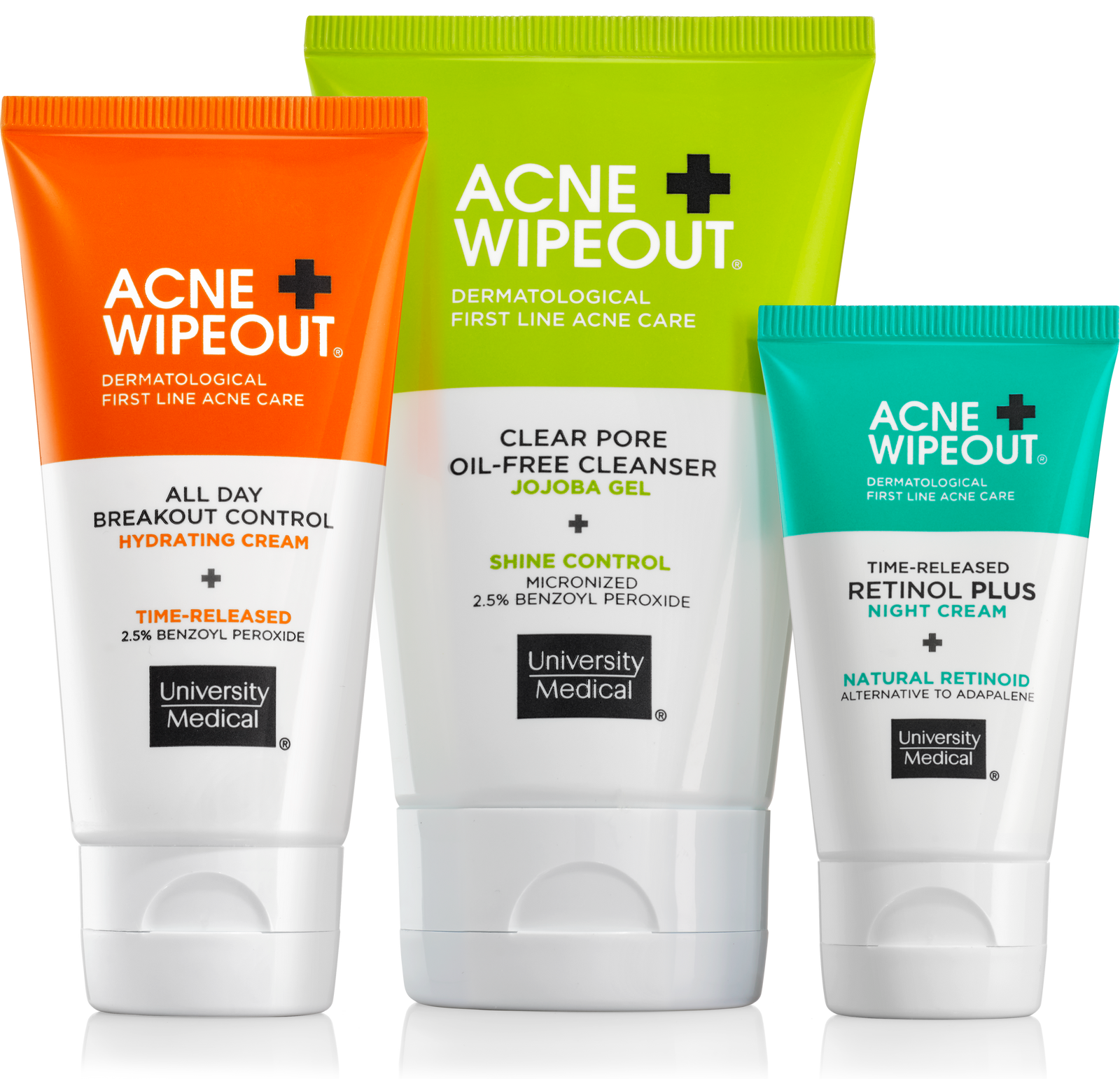Your Cart is Empty
FREE SHIPPING on orders over $25!
FREE SHIPPING on orders over $25!
FREE SHIPPING on orders over $25!
How did Acne Wipeout work for you? We’d like to know.
How did Acne Wipeout work for you? We’d like to know.
Share Your Story
MAINTAINING HEALTHY SKIN

SKIN DEEP BLOG

The coronavirus pandemic has altered many areas of our everyday lives. Non-stop virtual meetings, 100 percent remote classroom learning, drive-by birthday parties and perhaps most of all the introduction of wearing masks — everywhere. Some of the new realities that the pandemic has introduced are harmless and may actually be better for us in the long run. I mean, is it really a bad thing that you have walked around your block so many times that you now have nicknames for all the neighborhood trees? Probably not. However, there is one thing that has been introduced as a result of wearing masks so frequently that is not to be taken lightly. It’s called “Maskne”.
Maskne or mask acne is the formation of pimples or acne that results as a result from frequent or prolonged mask wearing. As a result of the duration of mask wearing during the coronavirus pandemic, many people who are either required, or who choose to wear masks for long periods of time are experiencing mask induced breakouts under the face and mouth area where masks are worn.
There are actually a few reasons why mask acne develops.
